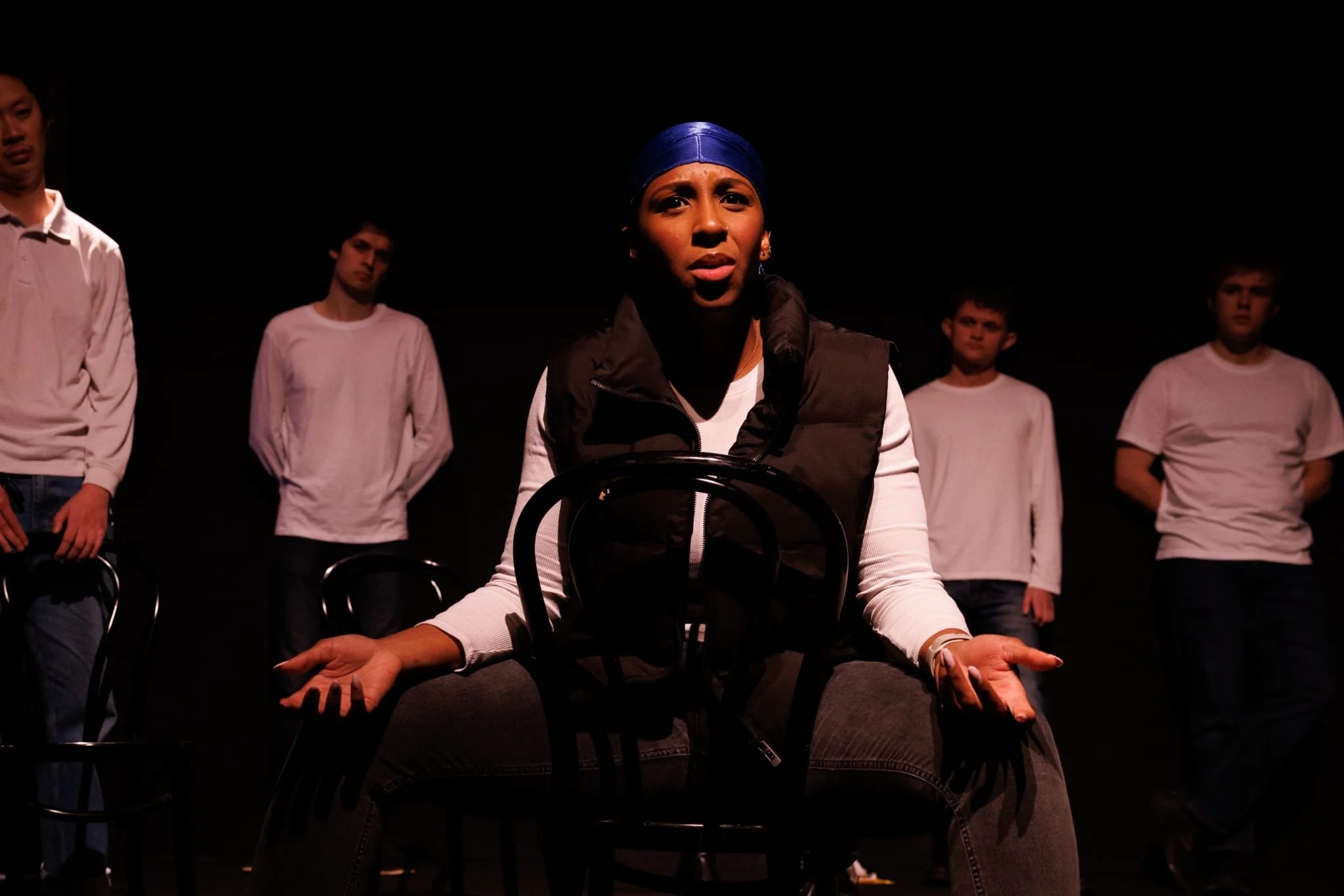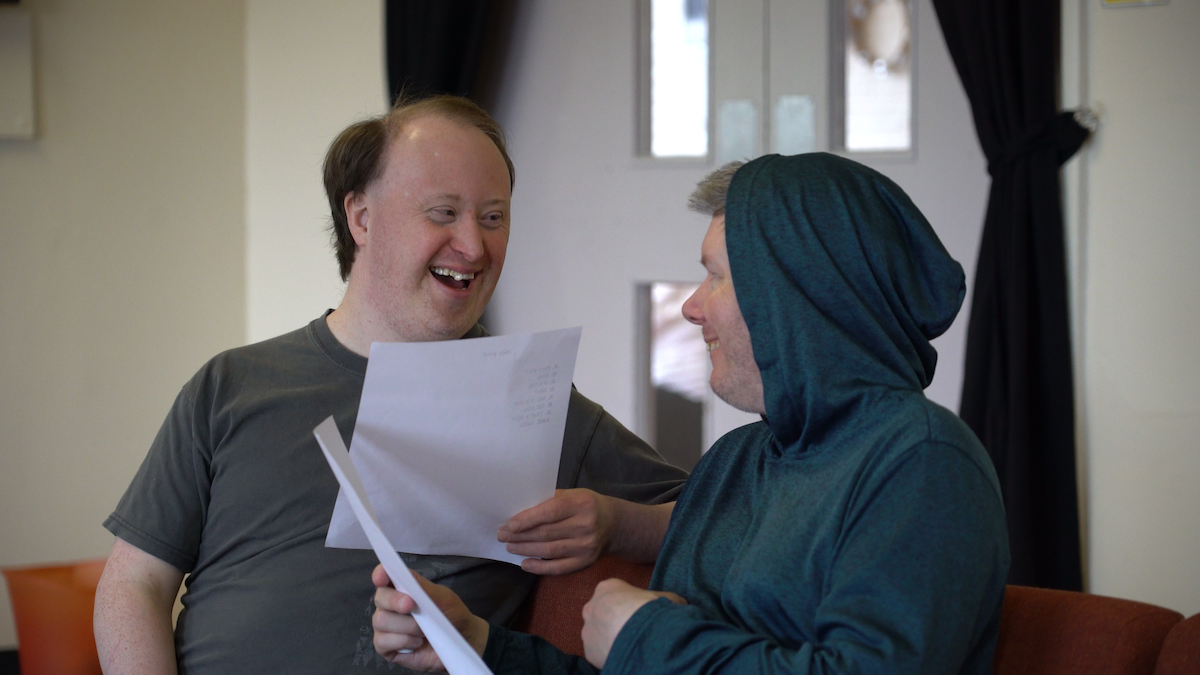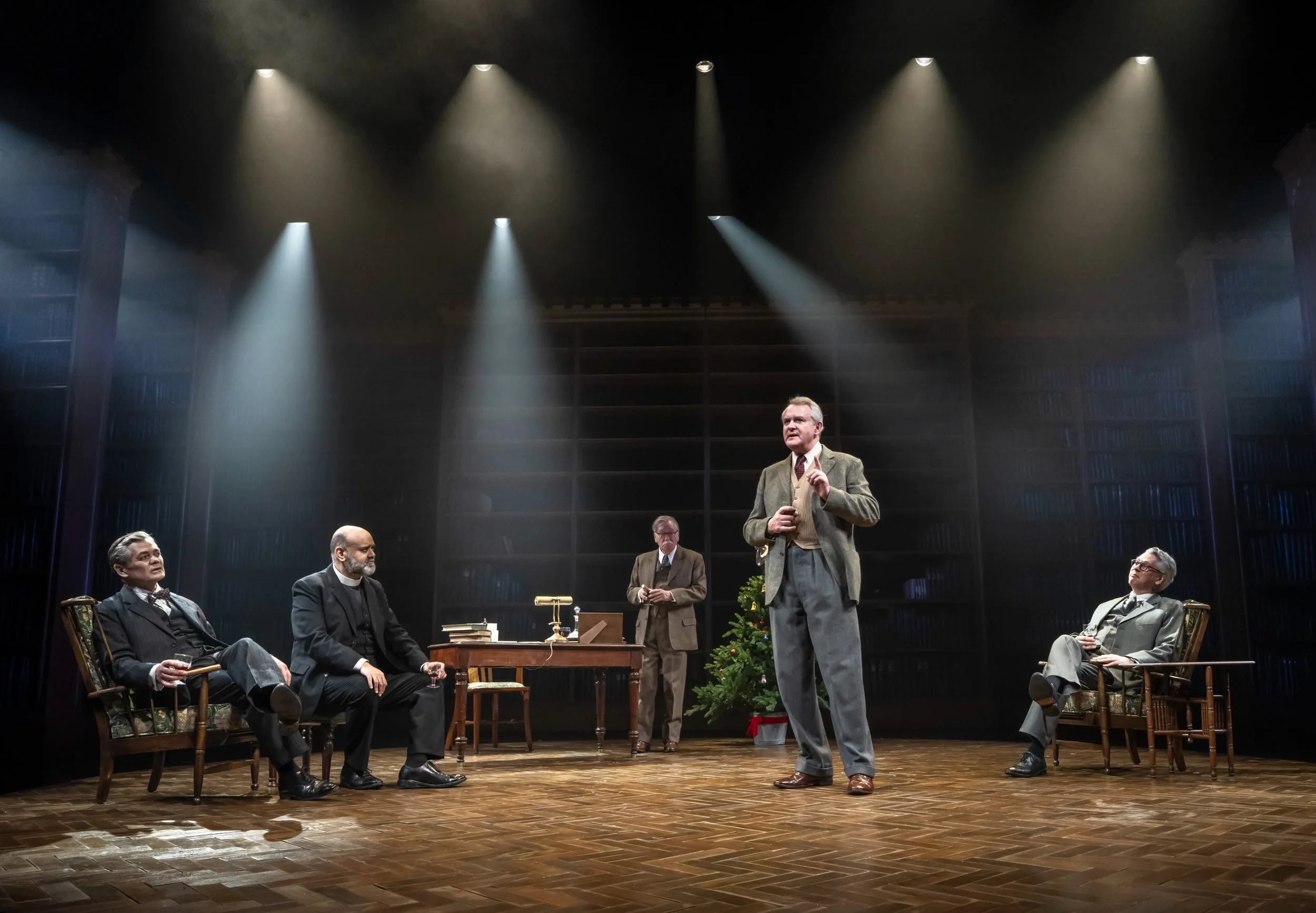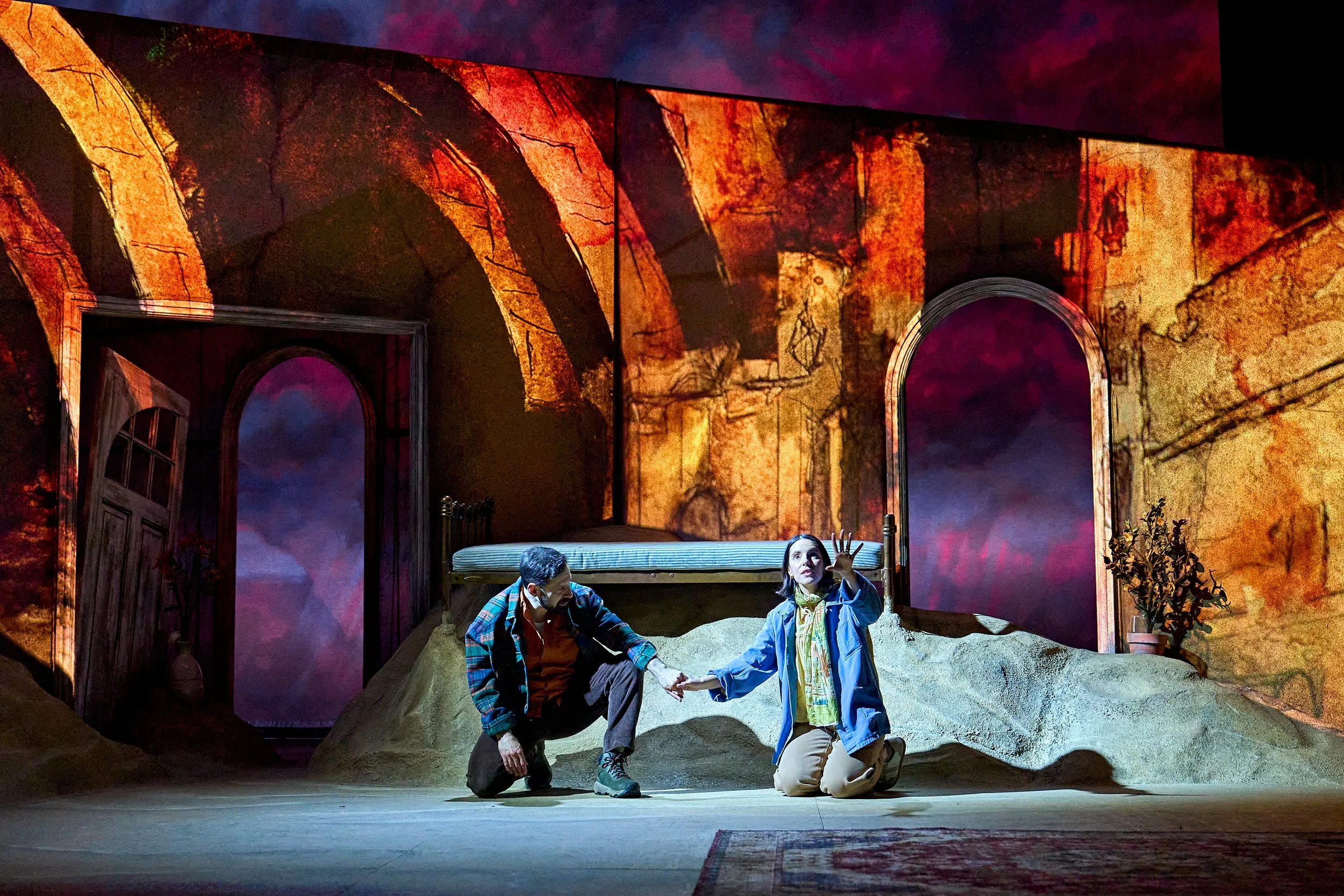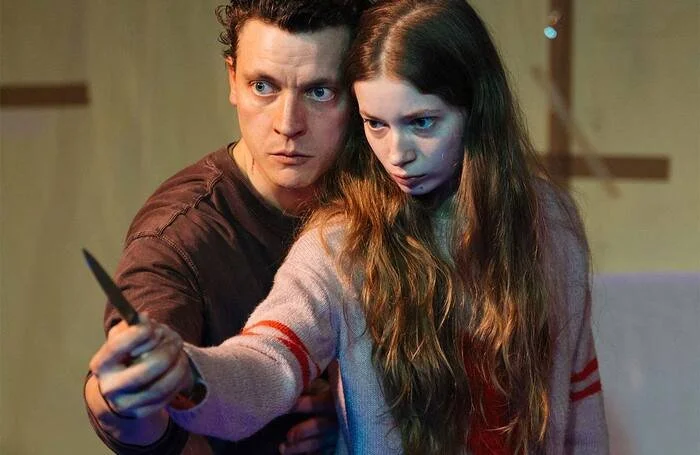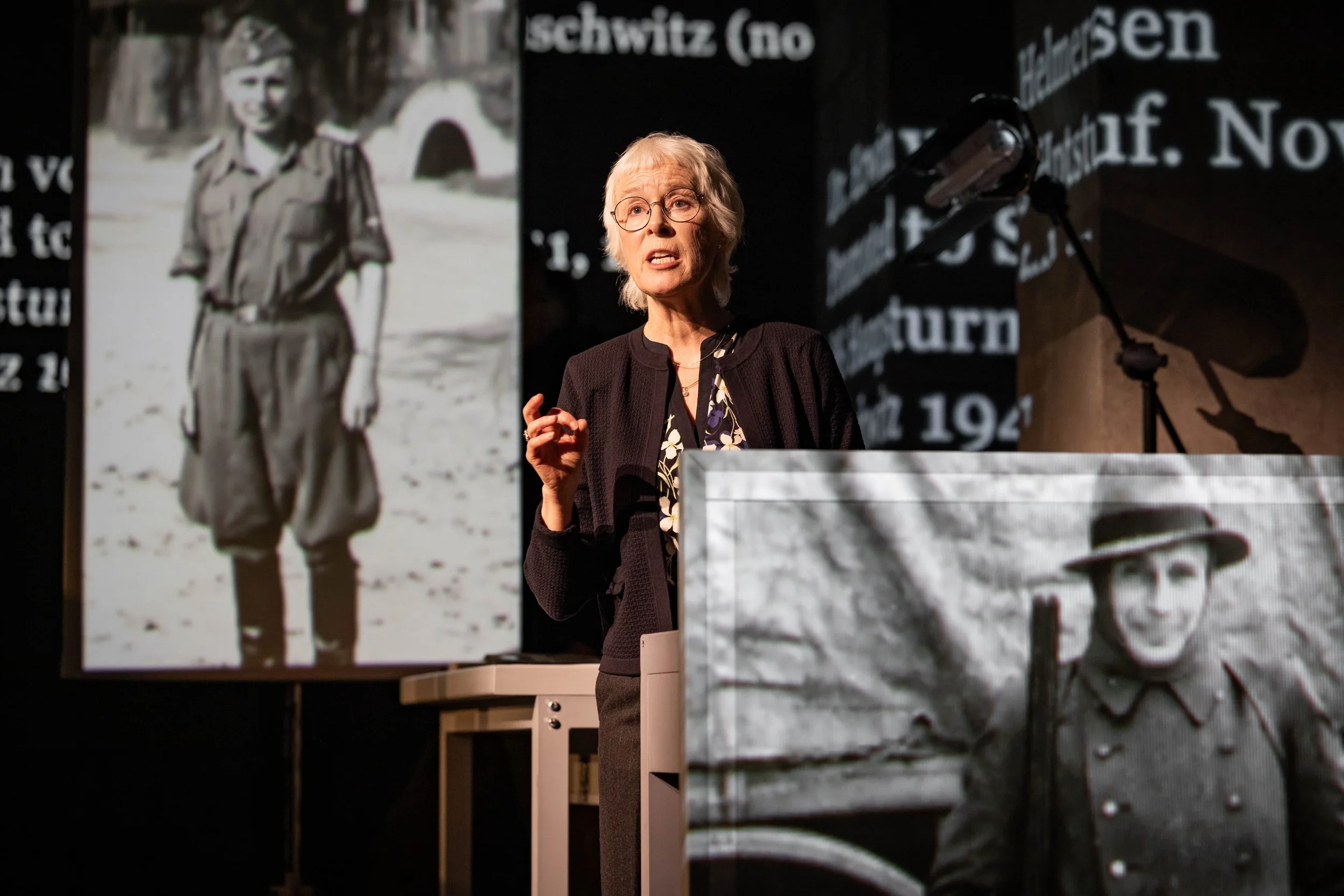The Laramie Project by Cellar Door Theatre Review
Written by Philip for Theatre and Tonic
The brutal attack and tragic death of Matthew Shepard was a moment that shocked America to its core. For the people of Laramie, Wyoming, it was a devastating reckoning—a moment that forced them to confront the haunting question: “Could something like this really happen here?” Their voices, reflections, and grief form the heart of The Laramie Project, a powerful example of verbatim theatre at its most compelling.
Matthew Shepard, a young gay student at the University of Wyoming, was kidnapped, savagely beaten, and left tied to a fence on the night of October 7, 1998. His attackers were swiftly apprehended, but the damage had been done. The world’s media descended on Laramie, scrutinising every aspect of the town and its people. Just five days later, Shepard succumbed to his injuries, and an outpouring of emotion swept across the nation and beyond. For a brief moment, the eyes of the world turned toward Wyoming—and then, as the media moved on, the community was left to pick up the pieces.
Enter Moisés Kaufman and members of the Tectonic Theater Project. Over the course of a year, they conducted more than 200 interviews with the residents of Laramie, capturing their raw emotions, conflicting perspectives, and moments of profound humanity. These words—unedited and unembellished—were woven together to create The Laramie Project, a deeply affecting portrait not only of one horrific event, but also of a town, a culture, and a country forced to look at itself in the mirror.
This production by Cellar Door Theatre treats the material with remarkable sensitivity and care. It avoids sensationalism, instead finding truth and tenderness in the words of real people. Under the thoughtful direction of Brittany Rex, a talented ensemble of nine actors brings a multitude of characters to life through subtle shifts in voice, movement, and gesture. Rather than relying on elaborate costume changes, they use minimal props and clothing details to distinguish each role, maintaining a clear sense of authenticity and momentum. The result is a genuine ensemble piece—each performer an integral part of a finely tuned whole.
While the strong American accents occasionally affected clarity, it did little to diminish the emotional weight or narrative coherence of the production. The second act, which delves into the aftermath of the attack—the trials, protests, and the community’s struggle to heal—builds beautifully upon the first. The tone becomes more fluid and dynamic, and by this stage, the audience feels deeply connected to the people of Laramie and their collective grief.
The creative team—Rex, along with assistant directors George Derry and Tom Carter—made excellent use of the Cornerhouse Theatre’s intimate space. The multi-level staging, with its gentle spill onto the floor, gave the production visual depth and a sense of movement that complemented the shifting perspectives of the text. The audience seating, arranged in three sections around the playing area, further enhanced the feeling of intimacy and inclusion, as if we too were part of the town’s story.
Verbatim theatre is a challenging form, demanding precision, empathy, and restraint, but Cellar Door Theatre rose to the occasion with confidence and sincerity. The Laramie Project was both engaging and profoundly moving—a thoughtful, beautifully executed piece of theatre that lingers long after the final line. I eagerly await what this ambitious company brings to the stage next.
★★★★

